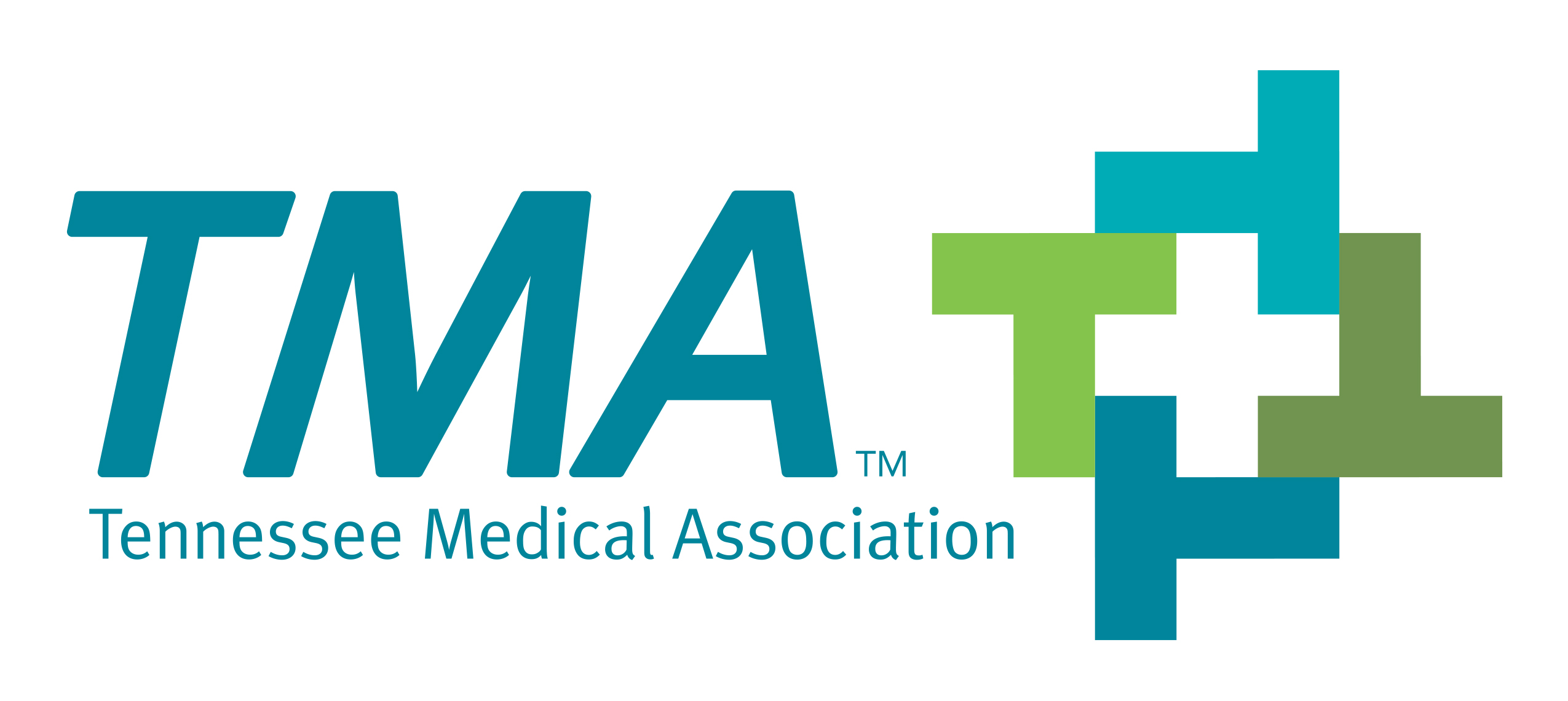Bill Filing Closes, TMA Secures Sponsors for 2025 Priorities

Bill Filing Closes, TMA Secures Sponsors for 2025 Priorities
Following a brief legislative recess and a week-long special session, the Tennessee General Assembly resumed its regular order of business this week as lawmakers hurried to file their legislative proposals ahead of Thursday’s bill filing deadline. Of over 1,500 bills filed, TMA’s government affairs team identified 270 related to healthcare, many of which are “caption” or placeholder bills that do not specify legislative intent.
Among those that will require active lobbying this session include scope of practice expansion for both pharmacists and psychologists, encroachments on the mature minor doctrine and removing immunization requirements for children. Other policy issues that will be making a return this session include Medicaid expansion, corporate practice of medicine, anesthesiology assistants and abortion decriminalization.
In the coming weeks, TMA’s advocacy division will review all introduced legislation to evaluate its impact on physicians before the Legislative Committee takes positions on bills on Feb. 27. Members are encouraged to participate in the legislative process to help advance or oppose legislative proposals defined as priorities by the House of Delegates. Register for calls-to-action through our Grassroots Action Network and be sure to sign up for TMA’s annual policy briefing and lobby day in Nashville, Doctors’ Day on the Hill, taking place on Tuesday, March 4.
2025 PRIORITIES
TMA spent the week finalizing bill language and securing sponsors for its three legislative proposals this session, which include:
PRIOR AUTHORIZATION NOTICE
SB1063 by Sen. Shane Reeves (R-Murfreesboro) | HB1074 by Reps. Jeff Burkhart (R-Clarksville) and Johnny Garrett (R-Goodlettsville)
In 2022, the Tennessee General Assembly passed legislation requiring both health insurance entities and health care providers to notify patients when additional information is needed to approve a prior authorization. The law is confusing to patients who receive multiple requests and do not know to which entity to respond. TMA is seeking to amend the statute to clarify that only the entity requesting additional information is required to notify the patient. This clean-up bill is part of a larger, multi-year effort TMA is spearheading to reform health insurer prior authorization processes which delay timely access to care for patients.
TENNCARE PROVIDER REMEDY PLAN
SB1371 by Sen. Bo Watson (R-Hixson) | HB651 by Rep. Ryan Williams (R-Cookeville)
For years, reimbursement rates offered by TennCare have failed to cover the basic cost of doing business—often coming in at 30-50% of what it costs to care for these patients. As the healthcare industry has grown increasingly expensive, this inadequate reimbursement has meant fewer doctors can afford to participate in the program, particularly in rural regions where Tennesseans need it most.
TMA is concerned that if left unaddressed, the TennCare network will collapse and patients will be left without quality access to care. Over the coming years, the government affairs team will pursue both short and long-term solutions aimed at improving provider rates and bolstering network adequacy. Legislation filed this session will focus on addressing MCO contracts to prohibit the inclusion of an “all products clause,” which require physicians to participate in TennCare networks as a condition of participating in commercial networks. The bill will also implement a secret shopper program to assess the true adequacy of an MCO’s network, aligning Tennessee with 28 other states that already use such programs. Lastly, the bill will require TennCare to set measurable and objective network adequacy standards to ensure enrollees have sufficient access to providers within a reasonable geographic proximity.
In addition to legislation, TMA is seeking a $100 million budget appropriation to provide practices that participate in TennCare a remedial payment totaling their average reimbursement year over year for the last three years.
LETHAL FETAL ANOMALIES
SB1425 by Sen. Richard Briggs, MD (R-Knoxville) | HB1241 by Rep. Esther Helton-Haynes (R-East Ridge)
In an October 2024 ruling of Blackmon et al. v. State of Tennessee, a three-judge panel clarified that physicians may provide pregnancy terminations when medically necessary to preserve a patient’s life before they are acutely ill. The court outlined specific maternal conditions that qualify under the medical necessity exception, including:
- pre-viability preterm premature rupture of membranes (PPROM);
- dilation of the cervix prior to viability of the pregnancy; and
- fatal fetal diagnoses that lead to maternal health conditions such as severe preeclampsia or infection that would result in uterine rupture or potential loss of fertility.
Under Tennessee’s rules of civil procedure, this temporary injunction provision related to physician discipline protection may extend only to the two physician plaintiffs. Thus, TMA is seeking to codify the ruling to ensure disciplinary actions cannot be filed against any physician under these circumstances.
In addition, the bill will provide exceptions to the state’s Human Life Protection Act to permit terminations for fatal fetal diagnoses (defined as a fetus incompatible with life outside the womb where medical intervention would be futile and death would occur imminently thereafter). The bill specifies that the anomaly must be diagnosed prior to the 24th gestational week and be concurred with in writing by two other physicians entered on the patient’s medical record.
Finally, the bill defines serious risk of substantial and irreversible impairment of a major bodily function to mean any medically diagnosed condition that so complicates the pregnancy of a woman as to directly or indirectly cause the substantial and irreversible impairment of a major bodily function. Such conditions may include, but are not limited to, preeclampsia, inevitable abortion, premature rupture of the membranes and, depending upon the circumstances, may also include conditions like diabetes and multiple sclerosis. The bill does not include any condition related to a woman's mental health.

